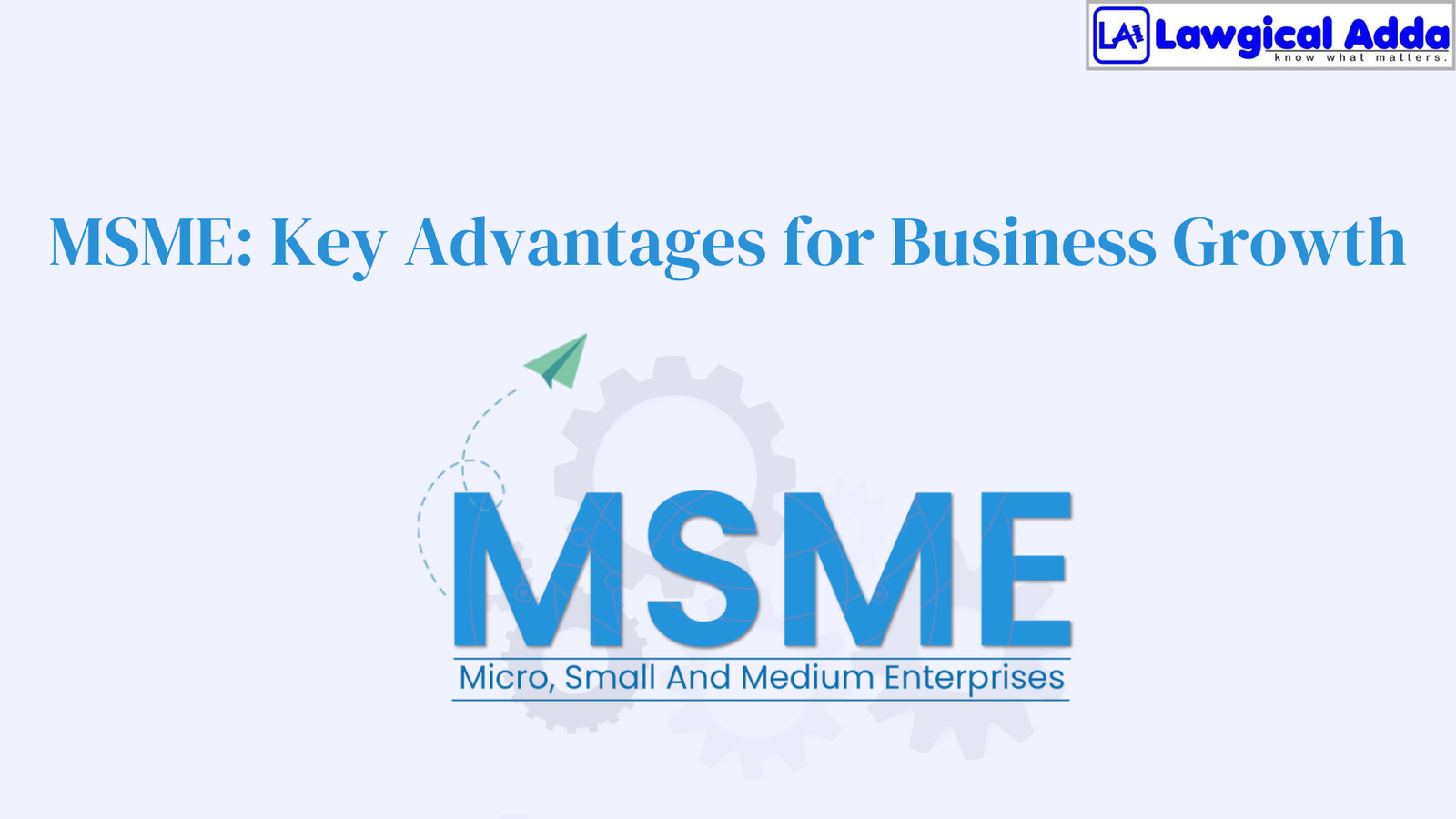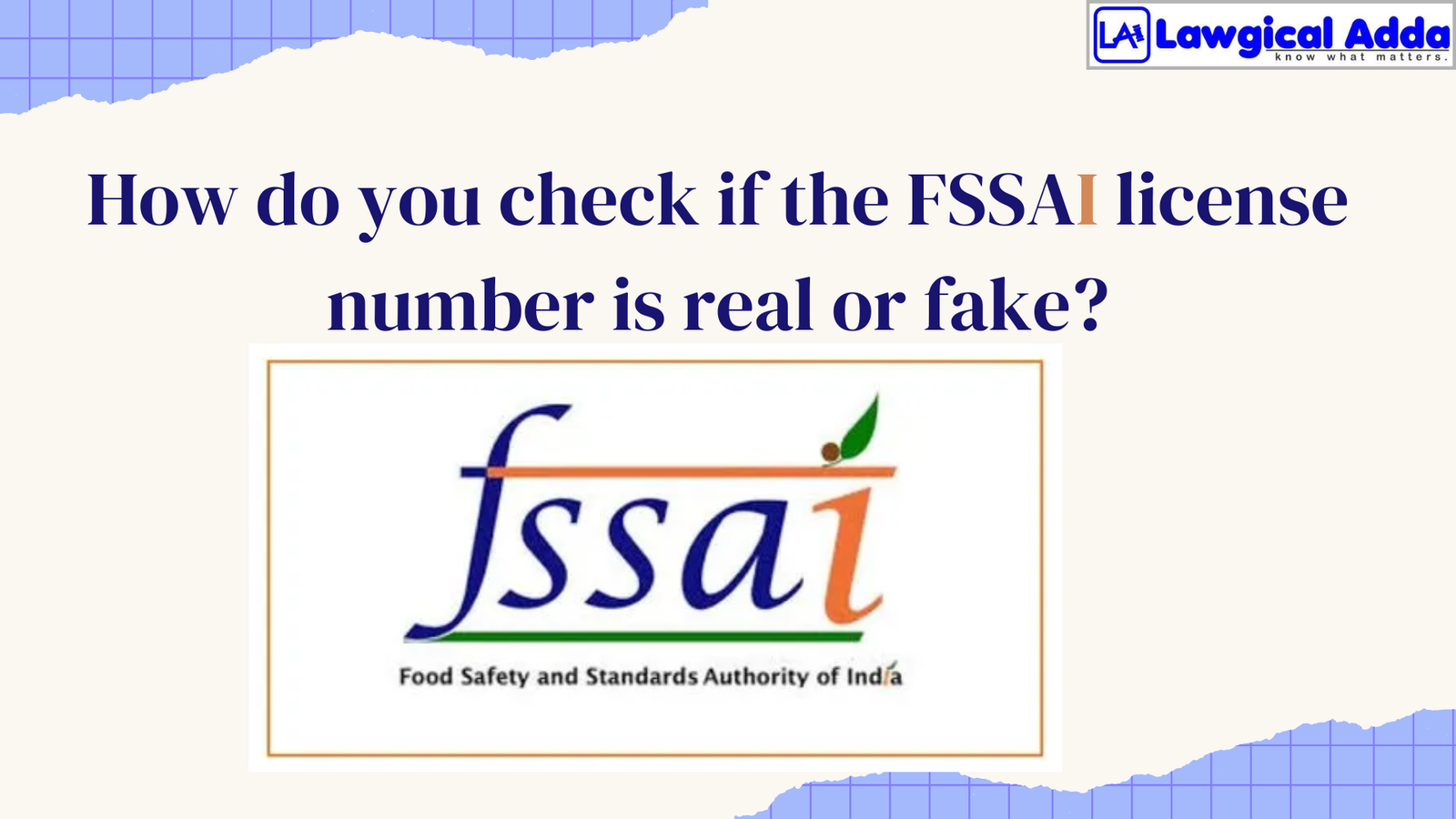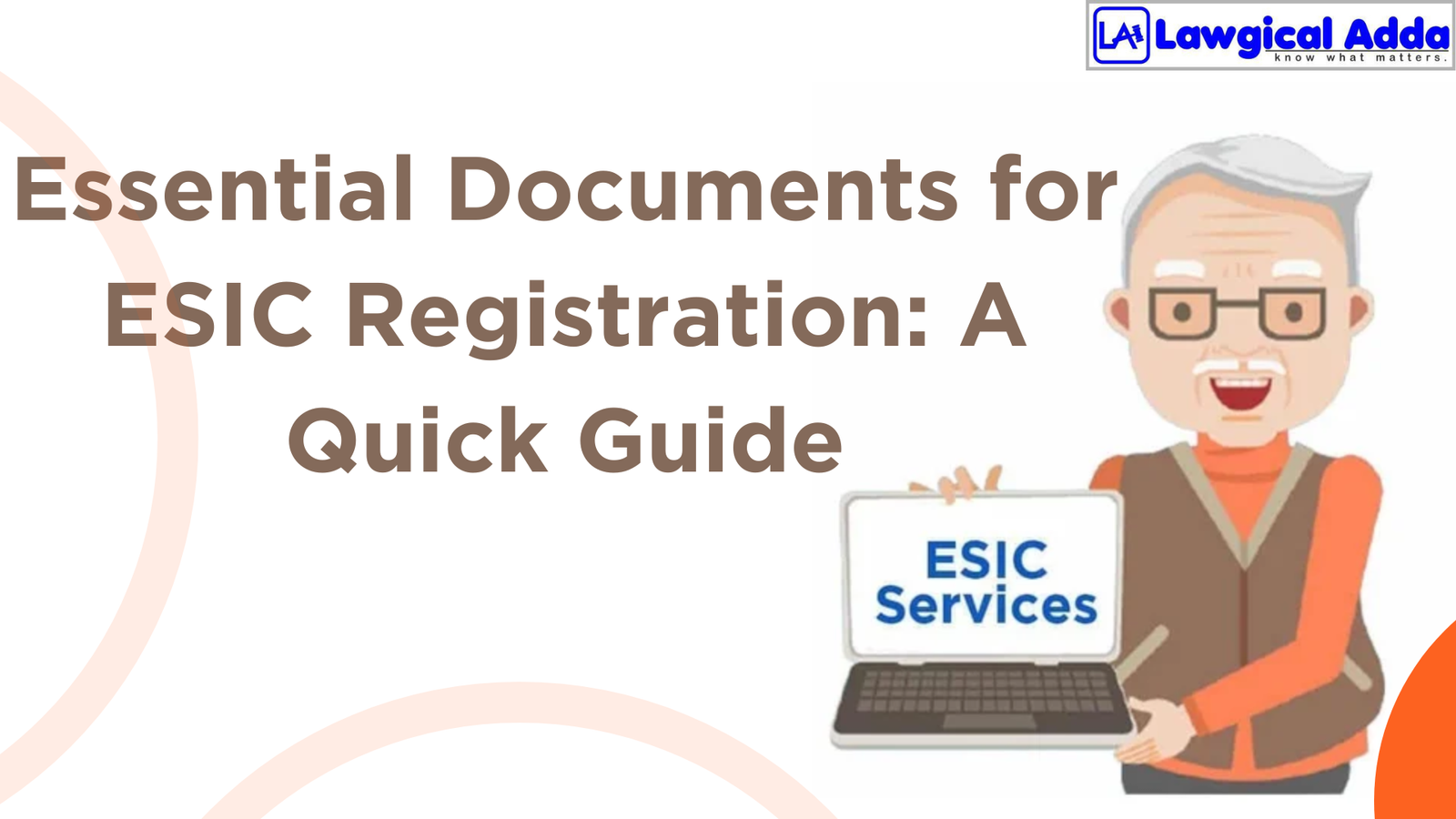MSME: Key Advantages for Business Growth

Table of Contents
Introduction
A rule known as MSME Registration provides small and medium-sized enterprises with several advantages. This blog discusses the main advantages of MSME registration, including the ability to obtain loans without collateral, interest subsidization, and subsidies for the registration of patents and industrial development.
What is the Benefit of MSME Registration in India ?
There’s a lot of benefits of MSME certificate registration, and they are as follows:
- Loans Without Collateral
It might be difficult for small and medium-sized firms to obtain loans. On the other hand, banks and other financial institutions readily lend money to SMEs that register under the MSME program without requiring any collateral.
- Subvention of Overdraft Interest
MSMEs can take advantage of interest subvention or low interest rates on their overdraft arrangements up to a specific amount. The government offers interest subvention or a lower interest rate facility to MSMEs that honestly and promptly return their loans.
- Patent Registration Subsidy
It is incredibly economical for MSMEs to protect their inventions and developments because they are eligible for an almost 50% reimbursement on the entire cost of patent registration.
For MSMEs that make significant R&D investments, filing for patents is essential because it protects their intellectual property rights and keeps rivals from stealing their concepts.
- Industrial Promotion Subsidy
MSMEs can upgrade their technology, equipment, and general infrastructure using the industrial promotion subsidies offered to purchase plants and machinery.
The subsidy gives MSMEs financial support to help them become more competitive and efficient and enhance their manufacturing processes.
- Prompt Payment from Purchasers
Late payments from suppliers or consumers are the primary source of financial problems for micro, small, and medium-sized businesses. This impacts their cash flow, which contributes to their financial stability.
To tackle this problem, the government launched the Samadhan portal, which provides these companies with an official avenue to register grievances against purchasers/clients who fail to make payments on time.
- No-Cost ISO Certification
For small and medium-sized enterprises, ISO certification is crucial because it fosters credibility and trust with prospective clients, suppliers, and other business partners.
However, getting an ISO certification can be costly, particularly for smaller companies. Businesses that register as MSMEs are eligible for free ISO certification, as this registration also provides financial aid for acquiring the required certification.
What qualifications are necessary to register as an MSME?
To get it certified, complete an online process and provide your Aadhar number. The certificate is available online; a physical copy is not required.
Additionally, obtaining permits, approvals, and registrations in any field for their firm from the appropriate authorities is made even more straightforward for enterprises that possess the MSME Certificate for them to present the MSME Registration
Certificate at the time of application. Additionally, applicants may apply to the appropriate authority supported by MSME Certificates to repay the ISO Certificate Expenses.
How helpful are Banks?
The registered ones have a cheaper interest rate than other businesses. Public sector banks may designate their ordinary banking branches serving SMEs as specialized branches if they allocate at least 60% of their advances to the SMEs.
This is to give this industry as a whole better service. The RBI Master Circular on lending to the MSME sector, issued July 1, 2010, allows one to obtain a composite loan limit of Rs. 1 crore.
The Companies that Foster Enterprises
Through incubators, the Ministry carries out the Support for Entrepreneurial and Managerial Development of SMEs initiative.
This program’s primary goal is to support creative business concepts (new or indigenous technology, processes, goods, methods, etc.) that have the potential to be launched on the market within a year.
The Scheme provides financial help to the Business Incubators (BIs) or the host institute up to a maximum of INR 6.25 lakh per idea, with a cap of 10 ideas. The financial assistance ranges from 75% to 85% of the project cost.
Additionally, the BIs might get up to Rs. 3.78 lakh for infrastructure and training costs related to the incubation of ten ideas (at a cost of Rs. 37,800 per concept).
The government’s assistance and young people’s desire to launch their own businesses are driving the rapid growth of MSMEs. If nothing else, registering your business can be a smart first step toward realizing your goal, while MSME has it’s own set of advantages and disadvantages.
Looking for a reliable legal partner? Discover Lawgical Adda. Ready to register your business under Udyam? Get expert assistance with Lawgical Adda and streamline your registration process today. Start now! Contact us!





